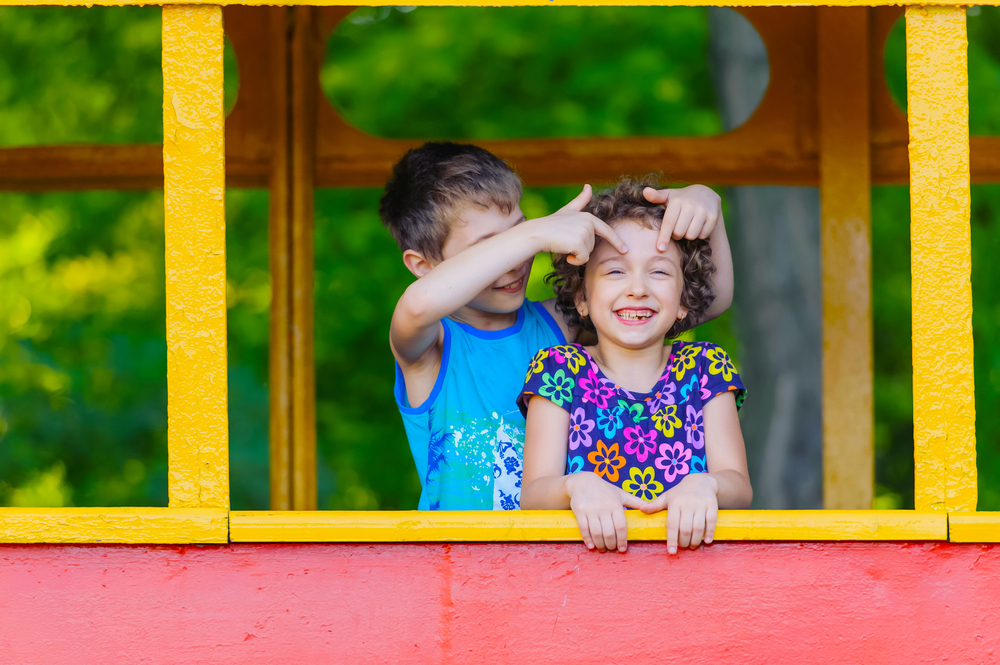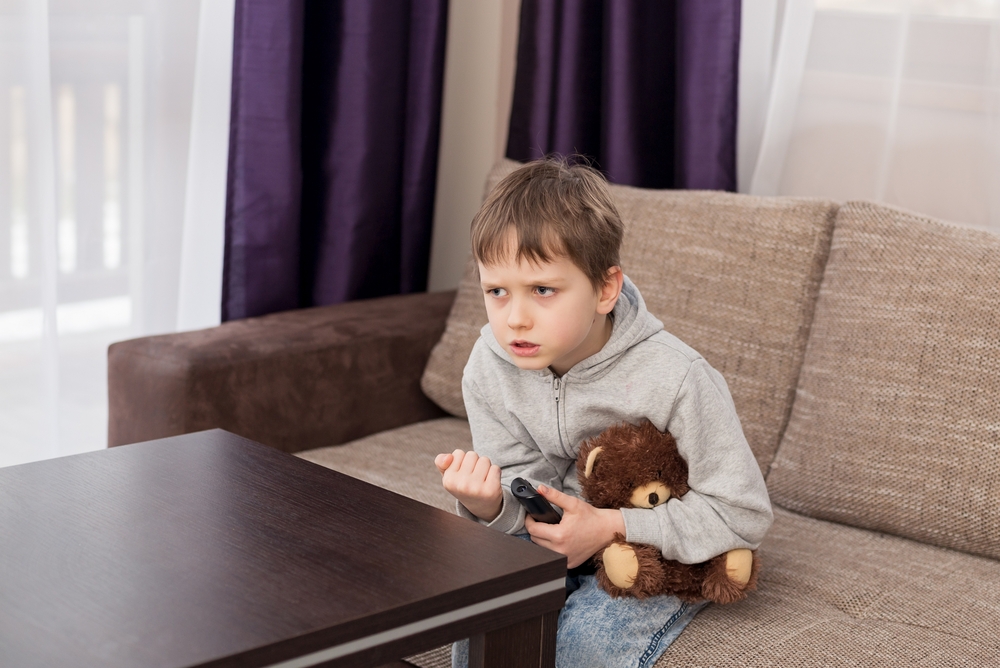It is not easy to teach children compassion for others when the news draw a devastating picture of the world. What can parents do to encourage children to become caring persons?
In today’s world, it seems that pictures of shootings, wars and hate dominate newspapers and TV news. The dangers of brutality and cruelty do not hide in shadows any longer they have become part of society’s everyday life. It is no wonder that many parents have started worrying how it is possible to protect the mind-set of their children and how to teach them a sense of having compassion for others when growing up surrounded by all this negativity.
In What Way to Children Perceive the World?
For a long time, many people thought that children perceive the outside world in a different way than adults. It was believed that children only observe the world from their own eyes and that they could not engage with it from a less self-centric point of view. Studies have long been in line with this belief reporting that a sense of compassion and care for others only grows in adults.
However, more recent academic studies such as the research published by the National Institute of Health in America suggest that children are able to show signs of concerns and empathy. The study showed that some children reacted with concern when confronted with sadness and even expressed the wish to help in order to tackle a problem. These findings may indicate that parents’ best approach to support kids’ perception of the world is to open the door to address and discuss dramatic and cruel events in an age-appropriate context rather than wondering if ignoring terrible news protects children from realising them.

Copyright: Syda Productions
In order to show children that violence is not an acceptable behaviour regardless of what happens around them, it is important to teach them a sense of responsibility and find ways to advise them on developing compassion for others around them. In practice, parents may like to address what it means to them when their children act with responsibility and kindness by telling them right away when they acted thoughtless. Through this process, children will learn that the parent does not accept and even disapproves their behaviour. Studies that found strong evidence for children being able to feel empathy, suggest that children are more likely to change their behaviour when their parents have a real emotional commitment to the situation. The reason for this is that most children want to help to fix the problem when they are concerned that an important person in their life feels unhappy.
The Limits of Control
There is no doubt, that it is impossible to control all aspects that affect the life of children. In the end, children have to go outside and experience the real world when playing with friends, go to kindergarten or spend time at school. Some of these experiences will be harsh and negative. Additionally, children have their own personalities and they will deal with negative experience in their own ways or are influenced by negative external forces such as irresponsible friends. But parents do not need to fear that all negative influences undermine their own educational efforts at home. There are some things parents can do to encourage their children to become responsible and caring people.

Copyright: Youproduction
Guidance on Teaching Responsibility and Kindness
The American Psychological Association published a useful guide with practical examples that show how parents can help to counteract influences from the outside world. The guide includes the following recommendations:
Firstly, it is important to encourage children to read books that concentrate on caring characters and compassionate storylines. There are many short stories and novels that promote responsible and kind behaviour fitting every child’s taste. It is important to give children books they can identify with in order to engage with the material and understand the message behind it.
Secondly, an inexpensive alternative that may require some research though, is to educate children about famous altruists. There may be television, DVD or magazine specials about an interesting person who has put the care of others above his or her own. Local museums may provide an enjoyable way to teach children about responsibility. A good starting point could be to have a conversation about idols and ask children whether there is a person they admire and if so why.

Copyright: Rido
The truth is that nothing is more inspiring than having a role model. Unsurprisingly, there is no exception when it comes to children and educating them on responsibility and fairness. If a child grows up in a caring and compassionate home, it will be more likely to adopt the role and care more about others in his or her environment.

















